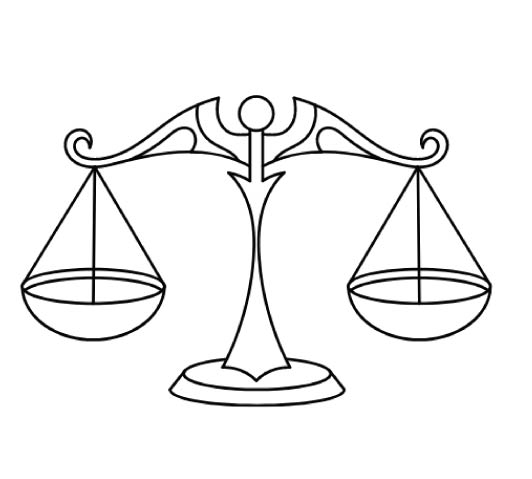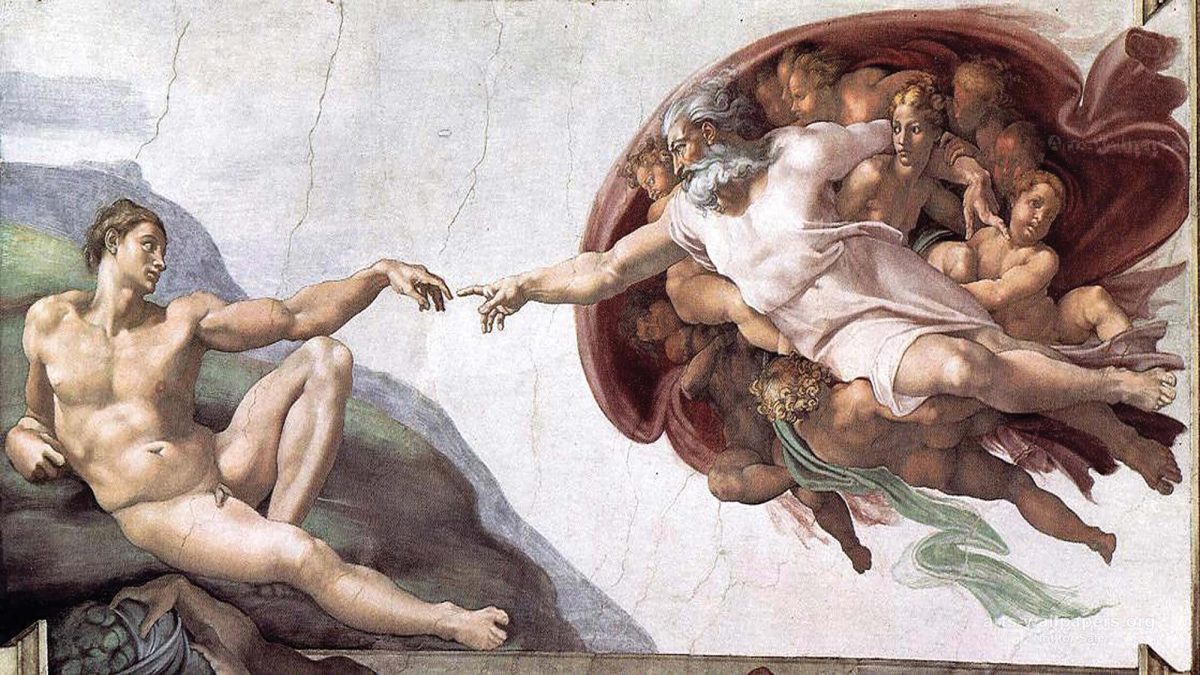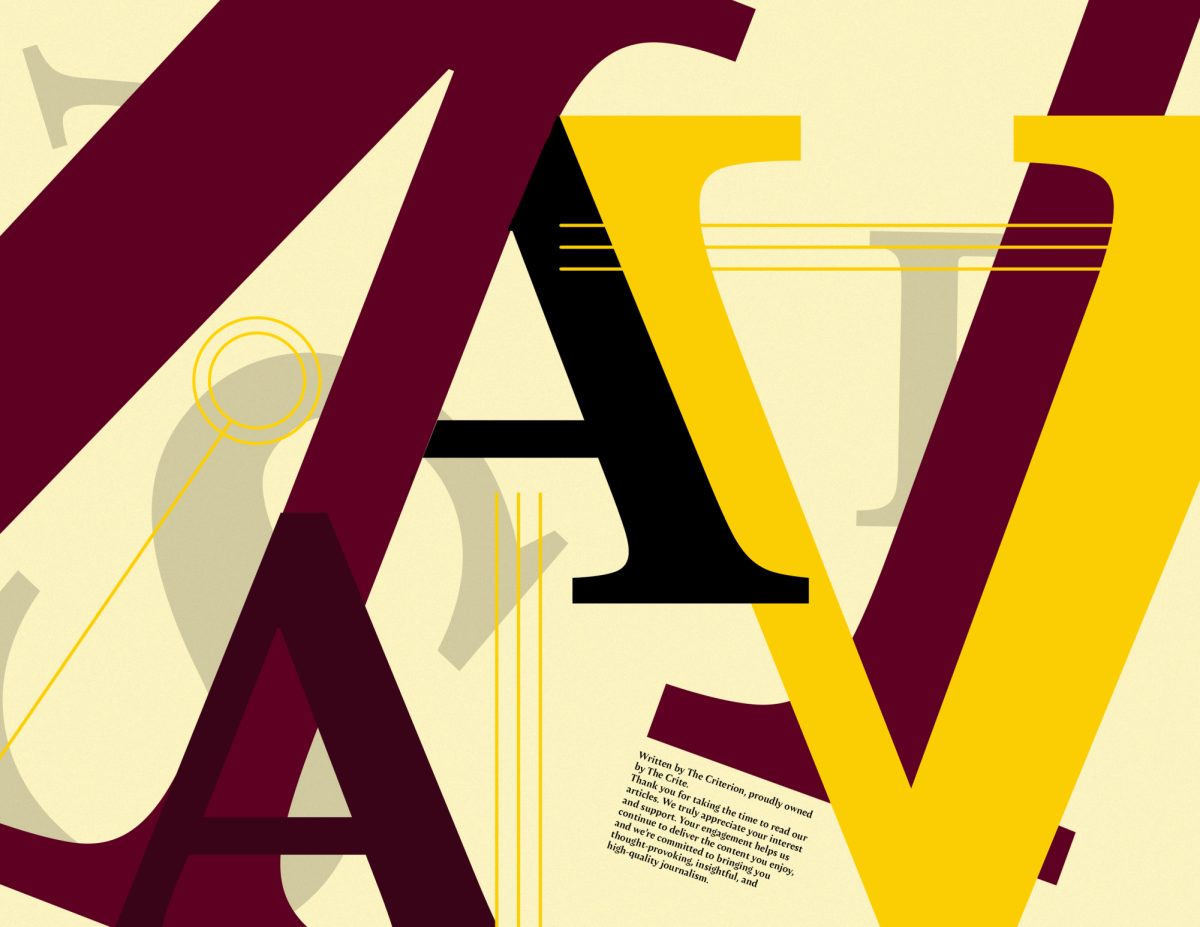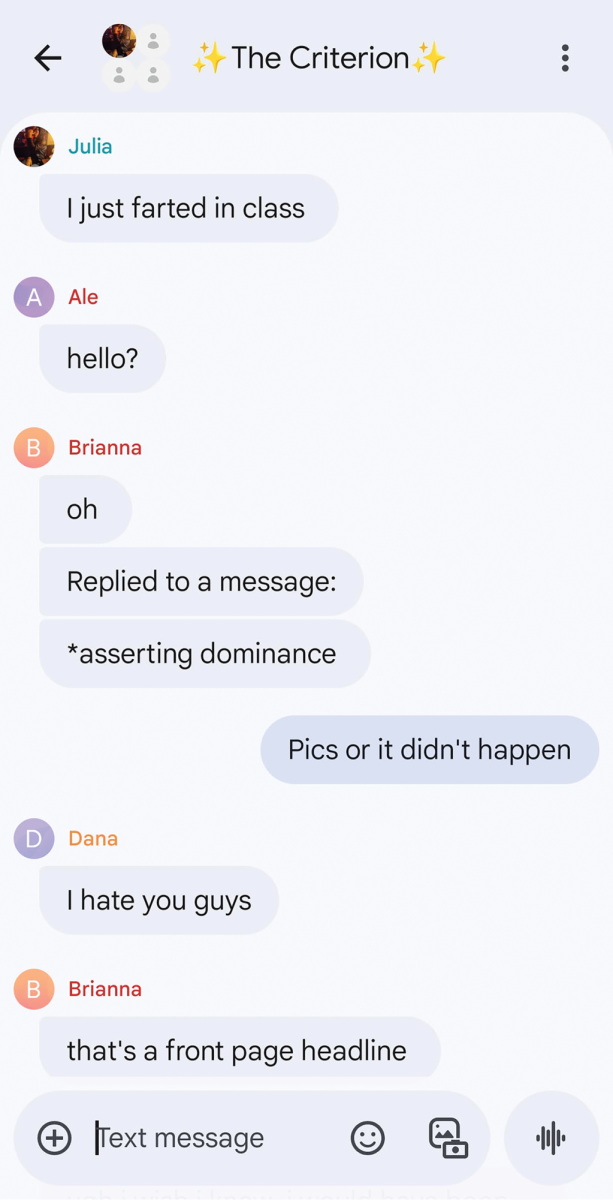Grand Junction residents are split on the decision to expand the Two Rivers Convention Center. Ballot 2A proposes to increase sales tax a quarter of a percent in order to fund a $62 million event center that could seat 5,200 people. The proposed sales tax increase would not affect groceries, gas, medication or services.
The initiative created a generational rift among Grand Junction locals; baby boomers and fiscally conservative people would rather have tax dollars spent on road repairs or on community rec centers, whereas millennials want a chance for Grand Junction to be put on the map by hosting concerts and other activities.
Andy Bell, born and raised in Grand Junction, believes that the event center can keep the city competitive.
“2A gives the city the chance to have jobs, including revenue generated and cycled through our economy instead of Denver or Salt Lake’s respective economies,” Bell said. “I believe it gives Grand Junction the chance to compete with bigger cities.”
Alan Duncan, who moved to Grand Junction when he was 12, is not in favor of the event center.
“Basically, there’s plenty of other ways we, citizens of Grand Junction, need our tax dollars spent. Most students aren’t from here and don’t plan on staying to pay those taxes for the next 30 years,” Duncan said. “Late last year, Grand Junction laid off 24 employees because of budget constraints. Now, the city wants to increase sales taxes to fund an event center that’s going to be privately owned. I think it would be better if it were funded by private investors.”
According to a news release from the city of Grand Junction, a million dollar deficit had forced City Manager Greg Caton to cut 24 city employees from a variety of city administrative departments, ranging from Parks and Recreation to Public Works to Community Development/Planning.
As a resident of Grand Junction for the past three years, it’s my hope to stay in Western Colorado after graduation. The problem is, I’m fearful I won’t be able to find a job in such a small town. Cities such as Salt Lake or Denver are a huge draw to college graduates because of the possibility to find work. If Grand Junction became a larger town that could bring in big name concerts, larger trade shows and conventions, and attract more attention to surrounding cities, it could benefit this college town tremendously.
Grand Junction is a huge trip for many people who live in small towns. Working at Mesa Mall introduced me citizens from small towns such as Craig, Colo. or Vernal, Utah, whose day trips to Grand Junction evoked excitement from the entire family. Working at a jewelry boutique brought people from a hundred mile radius into my tiny store, excitedly gossiping about the trip they would take to Denver or Salt Lake. Big concerts, a monster truck rally, WWE, or even Disney on Ice made people to drive six to eight hours for a single three hour event. Grand Junction could be missing a huge opportunity to invest in its future
However, my fear is that this commercial event center may gentrify the small town culture of Grand Junction into something unrecognizable to locals. I grew up in a sleepy windsurfing town that became tourist infested when a website named it “The Best Beach in the World” in 1998. Nearly 20 years later, the town is unrecognizable, and most locals have since moved because the cost of living became too expensive.
Grand Junction’s economic infrastructure is based off of tourism and the boom and bust cycle of the oil field. While Grand Junction hosts a minor league baseball team, access to the Colorado National Monument and the Grand Mesa, as well as being branded as “Colorado’s Wine Country,” it often experiences a void during off seasons, turning many business in Grand Junction red. Adding an event center could bring a steadier flow of tourists throughout the year’s seasons.
Grand Junction is a hidden gem. I don’t want to drastically change it, nor would I want to push out its locals. However, I think the benefits of 2A will far outweigh the costs. The fate of such 2A will be determined on April 4th when votes are cast.








